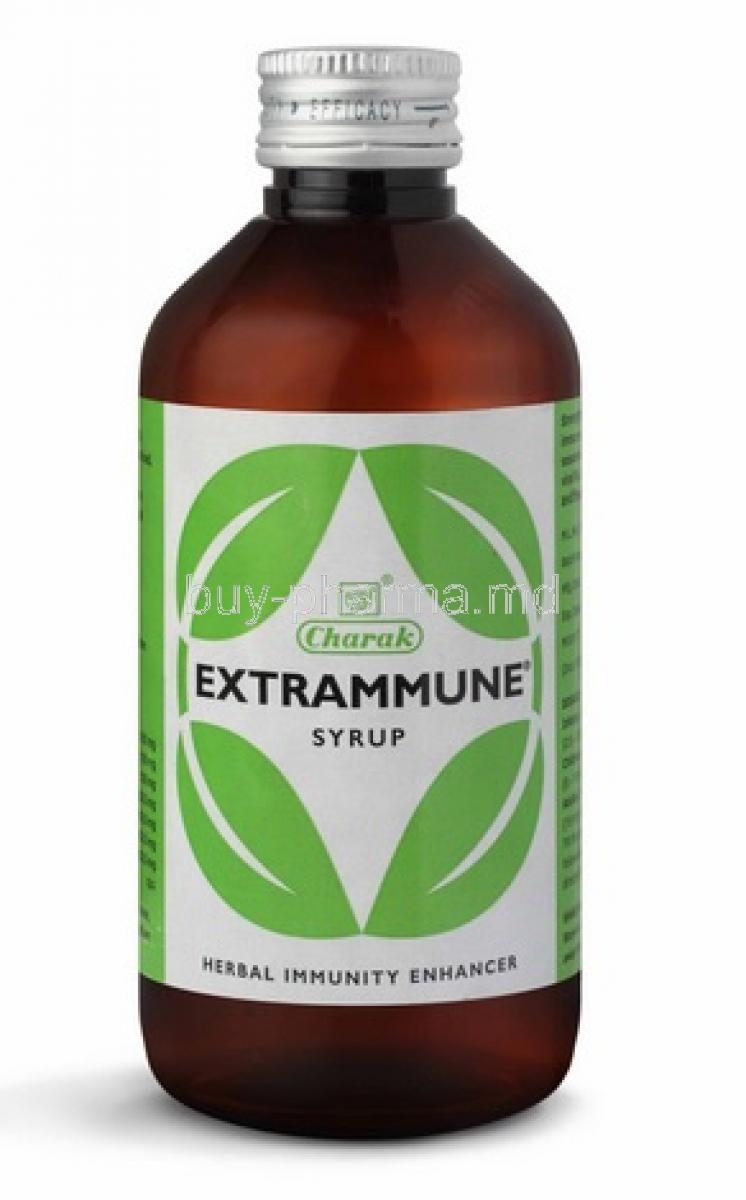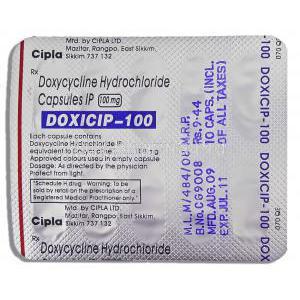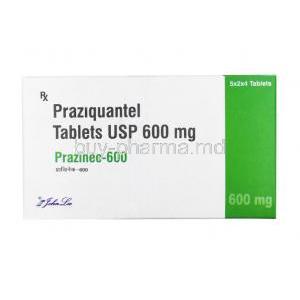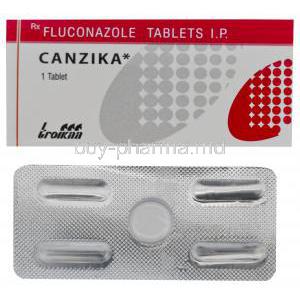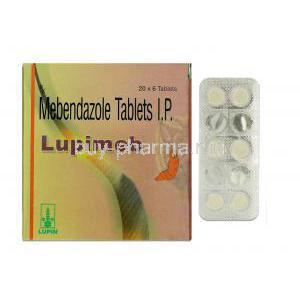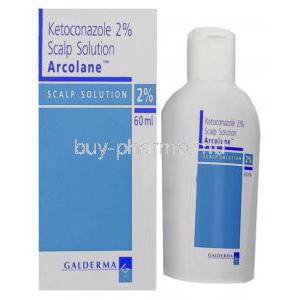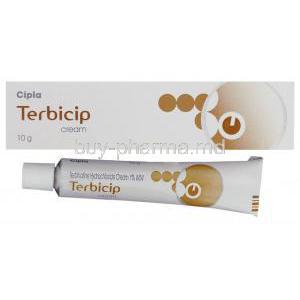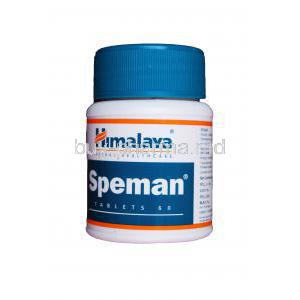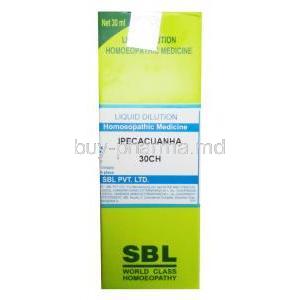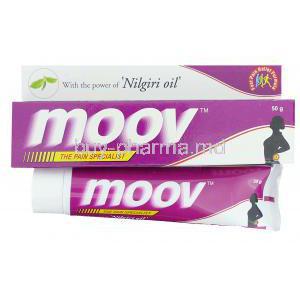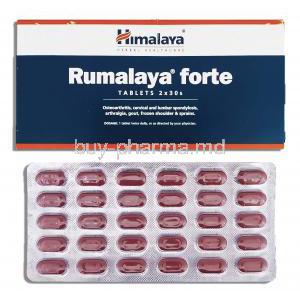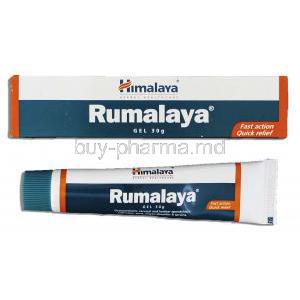Extrammune Syrup
- Introduction to Extrammune Syrup
- Composition and Active Herbal Ingredients
- How Extrammune Syrup Works in the Body
- Extrammune Syrup benefits
- Off-Label and Alternative Uses of Extrammune Syrup
- Recommended Dosage and Method of Administration
- Extrammune syrup side effects
- Common Side Effects and What to Expect
- Drug and Herbal Interactions with Extrammune Syrup
- Warnings and Safety Advisory Before Use
- Contraindications for Use of Extrammune Syrup
- Guidelines for Careful Administration
- Important Precautions During Extrammune Syrup Use
- Administration to Elderly Patients
- Administration to Pregnant Women and Nursing Mothers
- Administration to Pediatric Patients and Infants
- Overdosage and Emergency Measures
- Handling and Storage Precautions
Introduction to Extrammune Syrup
Overview of Extrammune Syrup as an Herbal Immunomodulator
Extrammune Syrup is a crafted remedy designed to boost the body's innate defense mechanisms. It acts as an immunomodulator that supports immunity in a gentle and balanced manner without causing excessive stimulation to the system.
Importance of Immune Support in Recurrent Infections
Recurrent infections, especially of the respiratory and urinary tract, often stem from a weakened or imbalanced immune response. Strengthening innate immunity through natural interventions such as Extrammune Syrup can help break the cycle of repeated illness and reduce antibiotic reliance.
Composition and Active Herbal Ingredients
Detailed List of Key Herbal Components
Extrammune Syrup contains a potent combination of immune-enhancing herbs, including:
- Tinospora cordifolia (Guduchi): Known for immunostimulant and detoxifying properties
- Ocimum sanctum (Tulsi): Possesses antimicrobial, anti-inflammatory, and adaptogenic effects
- Glycyrrhiza glabra (Yashtimadhu): Supports respiratory health and modulates immune response
- Withania somnifera (Ashwagandha): Enhances cellular immunity and combats oxidative stress
- Curcuma longa (Haridra): Exhibits broad-spectrum anti-inflammatory and antioxidant activity



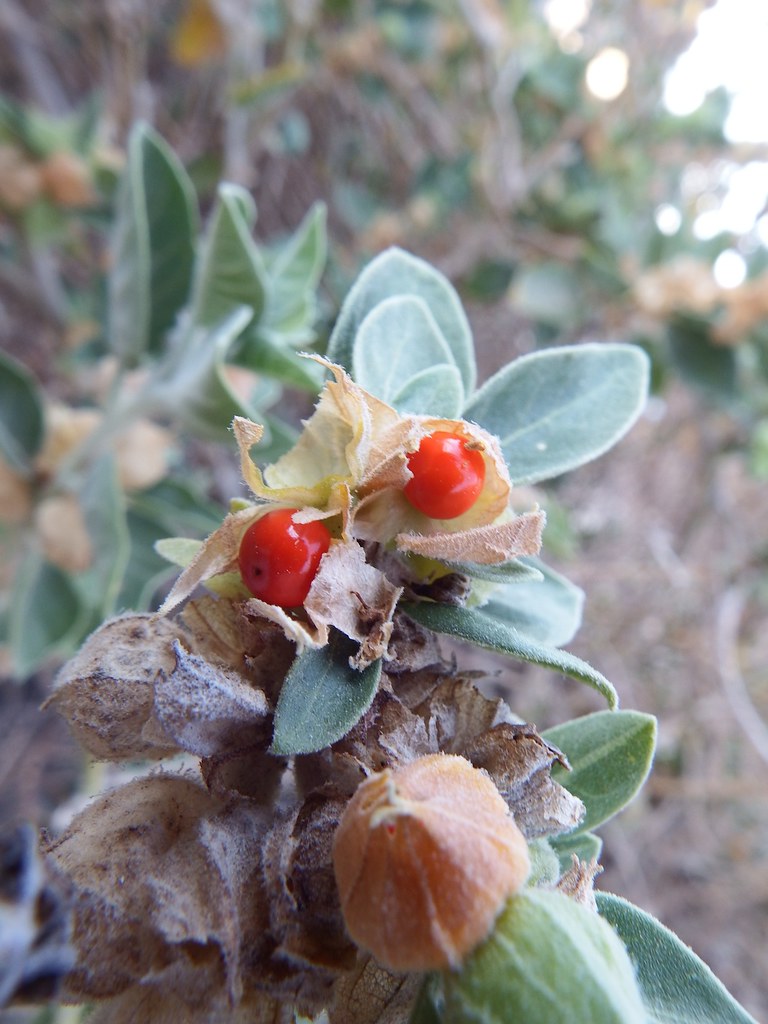
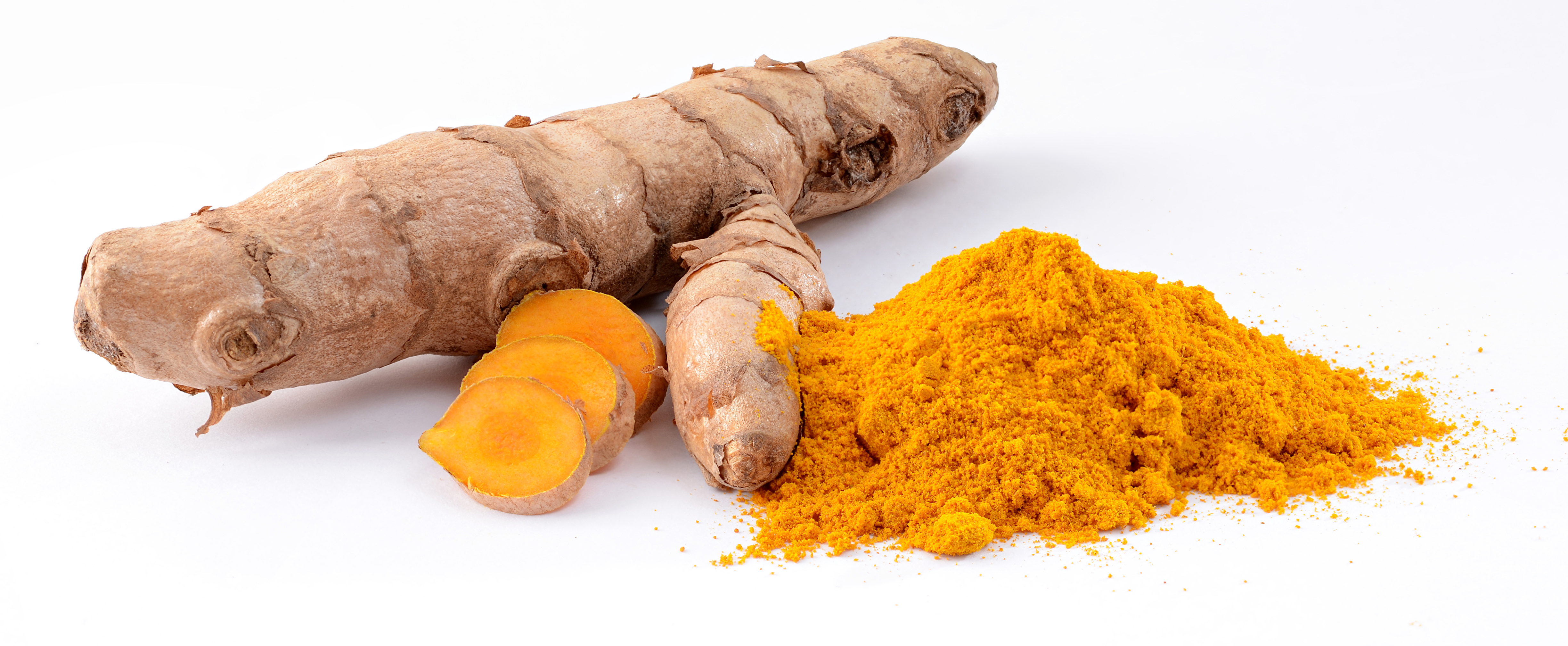
Mechanism of Each Ingredient and Synergistic Action
Each herbal extract plays a role in enhancing function by working together to boost white blood cell activity and enhance the body's defense mechanisms against infections and diseases while keeping inflammation in check.
Natural Origin and Formulation Type (Syrup Base)
The syrup's composition is designed to enhance absorption and taste appeal for users of all ages, including adults and children. The natural ingredients sourced from plants undergo quality checks to maintain their effectiveness.
How Extrammune Syrup Works in the Body
Immunomodulatory Action on Innate and Adaptive Immunity
Extrammune Syrup strengthens the body's defense system by increasing the activity of natural killer cells and neutrophils while also aiding in T cell and B cell support to improve the body's response to pathogens.

Anti-Inflammatory and Antioxidant Mechanisms
Inflammation is a defense mechanism of the body system; however, prolonged inflammation can have negative effects on health. The natural anti-inflammatory compounds found in Extrammune help regulate this response, minimize damage to tissues, and safeguard cells from stress by combating harmful free radicals.
Role in Enhancing Phagocytosis and Cytokine Balance
Extrammune Syrup benefits
Boosting Immunity in Children and Adults
Adjunct Therapy in Chronic Respiratory Infections
Use in Managing Recurrent Skin and Urinary Tract Infections
Off-Label and Alternative Uses of Extrammune Syrup
Immune Support During Chemotherapy and Post-Surgery Recovery
Many healthcare providers may choose to incorporate Extrammune into treatment plans for individuals with weakened systems, like those going through chemotherapy or post-surgery recovery, because of its properties and ability to boost immunity.
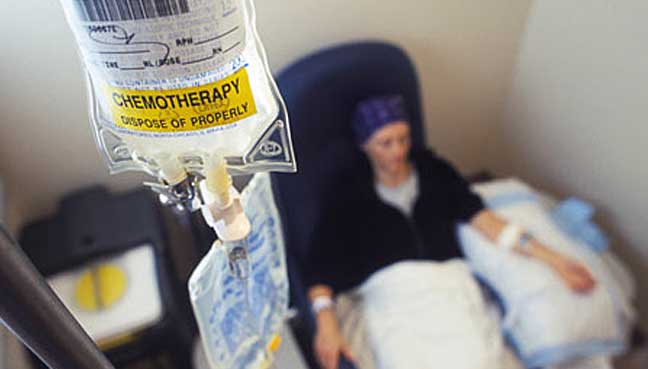
Adjunctive Use in Allergic Rhinitis and Asthma
Its anti-allergic and bronchodilatory properties make it a viable complementary therapy in mild to moderate allergic respiratory disorders. It helps alleviate hypersensitivity reactions and supports mucosal immunity.

Support in Autoimmune and Inflammatory Conditions (Non-Mainstream)
In select cases, Extrammune may be used under supervision in autoimmune disorders to balance immune hyperactivity. It may help stabilize immune homeostasis, although more research is needed to validate this application.
Recommended Dosage and Method of Administration
Extrammune syrup dosage
The recommended dosage of Extrammune Syrup varies based on age:
- Children (2-12 years): 1 teaspoon (5 mL) twice daily after meals
- Adults: 2 teaspoons (10 mL) twice daily after meals
In immunocompromised or convalescent cases, dosage may be adjusted under medical supervision.
Frequency of Administration and Treatment Duration
The syrup is usually given two times a day for a recommended duration of four weeks to evaluate effectiveness and adjust as needed according to treatment objectives and individual reactions. It is important to assess the long-term use of the syrup.
Tips for Optimal Absorption and Compliance
For best results:
- Administer after meals to reduce gastrointestinal upset
- Shake the bottle well before each use
- Use a calibrated measuring spoon or cup for accurate dosing
- Maintain consistency by taking the syrup at the same time each day
Extrammune syrup side effects
Overview of Observed Side Effects in Clinical Use
Extrammune Syrup is generally well tolerated. However, as with any herbal formulation, individual sensitivity may lead to mild side effects. These are typically self-limiting and resolve with continued use or dosage adjustment.
Gastrointestinal Disturbances
Some users may experience:
- Mild abdominal discomfort
- Gas or bloating
- Temporary changes in bowel habits
These effects are often mitigated by taking the syrup after food.

Rare Allergic or Hypersensitivity Reactions
Although uncommon, allergic reactions may occur in individuals sensitive to specific herbal ingredients. Symptoms can include:
- Rash or skin irritation
- Swelling of the lips or throat
- Breathing difficulty
Immediate discontinuation and medical consultation are recommended in such cases.
Common Side Effects and What to Expect
Mild Bloating or Nausea
During the days of taking this medication without food intake, it may cause sensations of being full or experiencing slight nausea.
Unusual Taste or Appetite Changes
The syrup's strong herbal profile may affect taste perception or appetite in some users. These effects typically diminish as the body acclimates to the formulation.
When to Consult a Physician About Symptoms
Seek medical advice if:
- Side effects persist beyond a week
- There are signs of systemic allergic reactions
- New or unexpected symptoms develop after starting therapy
Drug and Herbal Interactions with Extrammune Syrup
Possible Interactions with Antibiotics, Corticosteroids, or Immunosuppressants
Extrammune Syrup may enhance or attenuate the effects of certain pharmaceutical agents:
- It may potentiate immune responses when used with vaccines or antimicrobials
- Concurrent use with corticosteroids or immunosuppressants should be monitored
Cautions with Anticoagulants and Antidiabetic Agents
Some ingredients may influence coagulation or blood glucose regulation. Caution is advised when used with:
- Warfarin or heparin derivatives
- Metformin, insulin, or sulfonylureas
Compatibility with Other Herbal or Ayurvedic Supplements
It's usually safe to mix Extrammune with boosters or adaptogens as long as you have expert advice to prevent duplication or excessive stimulation.
Warnings and Safety Advisory Before Use
Conditions Requiring Medical Consultation Prior to Use
Extrammune Syrup should be used cautiously in:
- Patients with autoimmune disorders
- Individuals on chronic immunosuppressive therapy
- Those with known hypersensitivities to herbal extracts

Not Suitable as a Replacement for Vaccines or Prescribed Medications
The syrup goes well with evidence-based treatments, like vaccines and antibiotics, rather than replacing them entirely.
Importance of Physician Oversight in Long-Term Use
Extended or preventive usage for, than 8 12 weeks should be overseen by a healthcare professional to guarantee safety and suitability.
Contraindications for Use of Extrammune Syrup
Known Hypersensitivity to Any Herbal Ingredient
Avoid in patients with confirmed allergies to any of the listed components, particularly Tulsi or Ashwagandha.
Autoimmune Disorders with Hyperimmune Response
Conditions such as lupus or rheumatoid arthritis could worsen with stimulation, so it's crucial to consult a specialist before considering the use of Extrammune.
Severe Hepatic or Renal Impairment
Patients with liver or kidney conditions should avoid using this product without supervision due to insufficient clearance data available.
Guidelines for Careful Administration
Monitoring Immune Response in Chronic Illness Patients
It is recommended to monitor markers and clinical progress in individuals with long-term infections or illnesses.
Caution in Individuals with Endocrine Disorders
Some herbs might affect how your thyroid or adrenal glands work, so be careful if you have conditions like thyroid or Addisons disease.

Avoidance During Acute Febrile Conditions Unless Supervised
When dealing with a fever or sudden infection outbreak, make sure to seek advice before starting any treatment to prevent unexpected immune responses.
Important Precautions During Extrammune Syrup Use
Discontinue If Signs of Hypersensitivity Occur
If you experience a rash or itching sensation or have trouble breathing while using this product you should stop using it and seek medical advice.
Avoid Alcohol and Smoking During Therapy
Toxins from alcohol and tobacco can undermine the immune-boosting effects of the syrup. Abstinence enhances outcomes.
Adherence to Prescribed Duration to Avoid Tolerance
Using a treatment excessively without need could lessen its effectiveness, so it's important to stick to the timeframe and avoid extending therapy cycles on your own.
Administration to Elderly Patients
Immunosenescence and Dosage Adjustment Considerations
Elderly individuals might need tailored doses to prevent stimulation due to age-related weakening of the immune system.
Risk-Benefit Assessment in Chronic Comorbidities
Before starting treatment, it's important to assess the patient's health condition, including their heart, kidneys, and liver function.
Monitoring for Drug-Herb Interactions in Polypharmacy
It's important to check all the medications elderly individuals are taking to avoid any interactions, especially when they have multiple prescriptions.
Administration to Pregnant Women and Nursing Mothers
Lack of Conclusive Safety Data in Pregnancy
It's advisable not to use it during pregnancy unless a doctor who knows about medicine and the safety of the fetus prescribes it.
Caution Advised During Lactation
While certain parts might be considered safe to use during breastfeeding is still uncertain if they are passed through breast milk or not so it is important to monitor infants if used while nursing.
Medical Guidance for Immune-Boosting Alternatives During Gestation
Consider options for boosting immunity while pregnant and remember to seek advice from an obstetrician or a naturopathic expert.
Administration to Pediatric Patients and Infants
Age-Appropriate Dosage Recommendations
Extrammune is generally safe for children over 2 years. Follow pediatric-specific dosing and never exceed the stated limit.
Safe Use in Children with Frequent Infections
Children with recurrent colds, flu, or skin infections may benefit from cyclic use under pediatric supervision.
Parental Guidance on Usage Compliance and Taste Masking
To enhance adherence:
- Mix the syrup with a small amount of juice if taste is an issue
- Use visual or behavioral reinforcement for routine administration
Overdosage and Emergency Measures
Signs and Symptoms of Herbal Overdose
Potential indicators of overdose include:
- Severe gastrointestinal distress
- Drowsiness or agitation
- Unusual allergic reactions or systemic inflammation
Immediate Steps and Supportive Treatment
Discontinue usage immediately. Provide symptomatic care, including hydration, activated charcoal if advised, and close observation.
When to Seek Emergency Medical Care
Seek urgent medical attention if:
- Breathing difficulties or anaphylaxis develops
- Persistent vomiting or confusion occurs
- There is evidence of organ dysfunction or collapse
Handling and Storage Precautions
Ideal Storage Conditions (Temperature, Light Protection)
Store the syrup in a cool, dry place away from direct sunlight. Maintain temperature below 25°C and keep the bottle tightly sealed after each use.
Shelf-Life and Expiration Considerations
Check the manufacturing and expiry date on the label. Discard the product if it shows changes in color, texture, or odor.
Safe Handling and Disposal of Expired Syrup
Expired or unused syrup should be disposed of safely, preferably through community medicine disposal programs. Avoid pouring into sinks or toilets to prevent environmental contamination.
Extrammune Syrup FAQ
What is extrammune syrup used for?
Suitable for treating infections as well as skin and oral cavity infections or vaginal infections; made from plant extracts and intended for occasions where enhancing the bodys defense is vital either during or before an infection (preventative).

